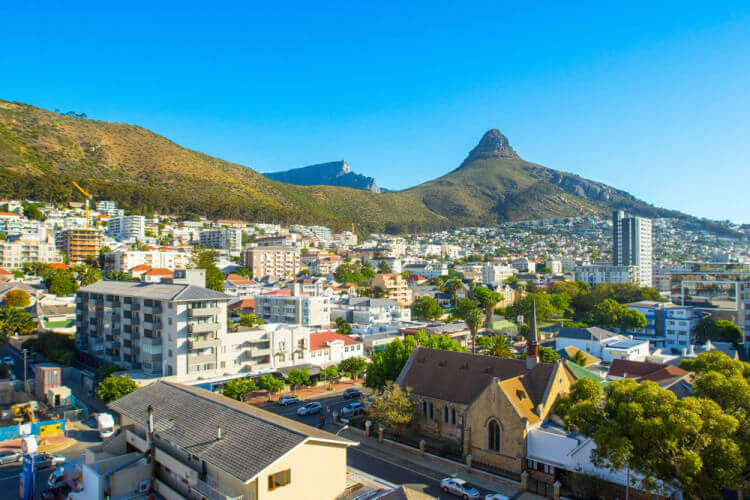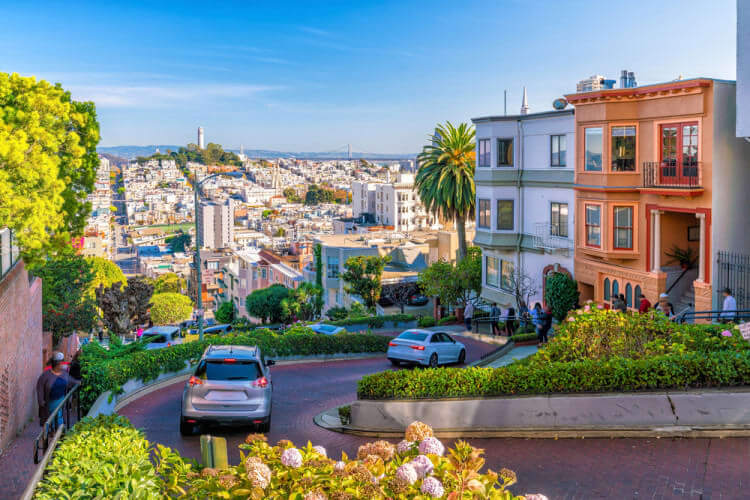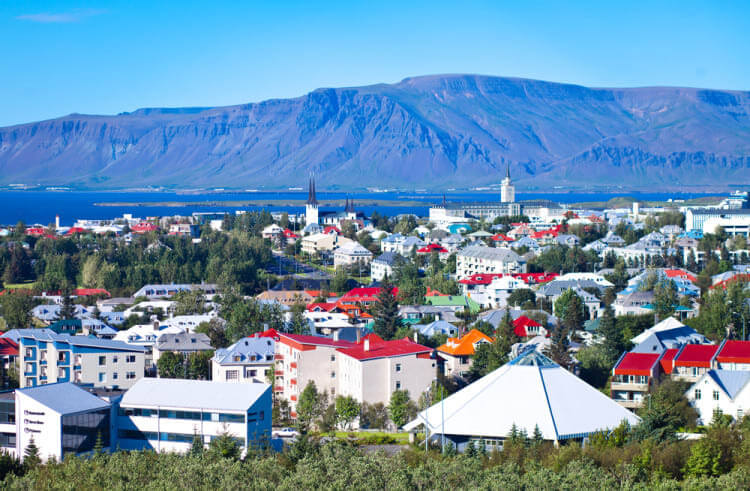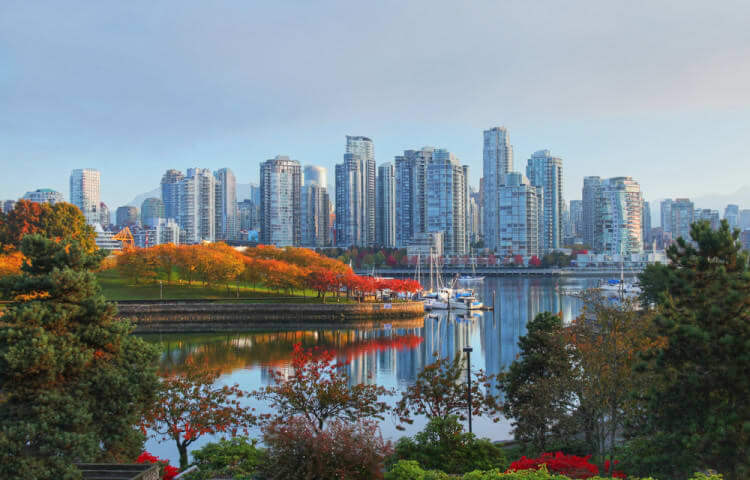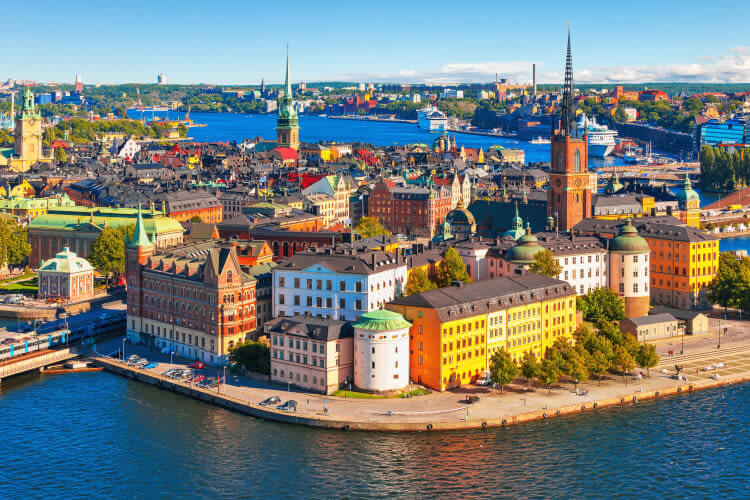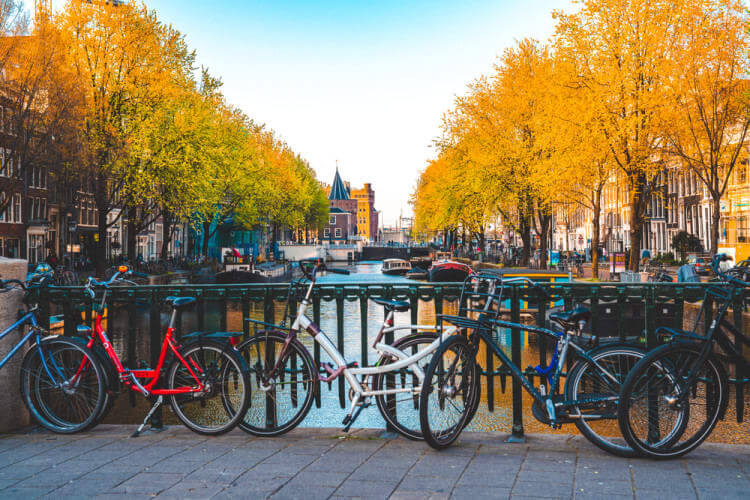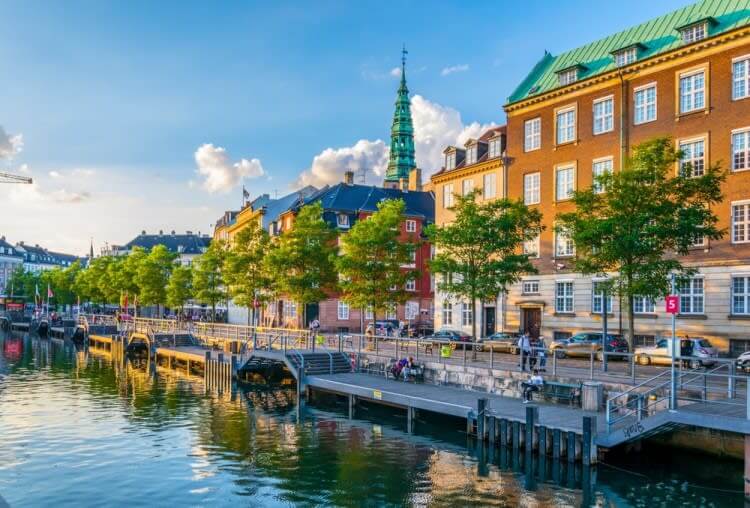They go by many names: eco-friendly, green city, or eco-city, but their function is the same, to reduce the overall carbon footprint of each of its citizens. Eco-friendly cities generally try and find alternative sources of energy rather than just relying on traditional fossil fuels. Many cities strive to strike a balance between urban and natural, technology, and environment. While this might sound like a dream, the fact is that there are already cities that we should look towards who are already doing it all over the world.
#10 Cape Town, South Africa
Considered to be the greenest city in all of Africa, Cape Town has been ranked by numerous organizations, including the prestigious Cabron Disclosure Project, as being among the top 5 cities worldwide to maintain a purposeful commitment to finding sustainable solutions to countering climate change. How did Cape Town pull off this magnificent feat? According to Alex Bigham, executive director of the Ethisphere Institute, Cape Town now practices effective waste management and uses renewables for between 10-20% of all its energy needs.
#9 Singapore
The greenest city in Asia (and on its way to being the world) Singapore has made a conscious effort to keep as much nature as possible within its towering skyscrapers. Since 2008 Singapore has mandated green buildings, meaning that many of these buildings architecture intertwines with the forests and many even have gardens on their sides and roofs. Much like a modern-day Babylon, Singapore now has the world's largest verticle garden called the Tree House condominium in Bukit Timah.
#8 San Francisco, California
The people of San Francisco take pride in their care for the environment and that attitude is reflected in the cities title as the Greenest City in North America. The city has made a concentrated effort to go "waste-free" becoming the first city in the US to ban plastic water bottles in 2020. Additionally, San Francisco is considered to be a pioneer in water conservation, and its people are known for choosing organic, sustainable food sources over factory farm food.
#7 Portland, Oregon
Laying just to the north of San Francisco, Portland has made some serious strides in attempting to go more eco friendly. In 2018 Portland was able to simultaneously grow its population and lower its carbon emission by 17% - a truly remarkable feat! The Bureau of Planning and Sustainability has also started the Sustainable City Government program which has made even more incredible strides. According to some of the most recent data, the people of Portland recycle an astounding 63% of the waste they generate!
#6 Reykjavik, Iceland
Not only is it Iceland's largest city, it is also their greenest, with 120,000 people making a concerted effort to reduce their waste and reliance on fossil fuels. In fact, the city has an incredible ambitious energy plan, with the goal of totally eliminating any use of fossil fuels by the year 2050. Currently, they're doing a great job, most of the country's energy comes from the geothermal wells underground that help power nearly the entire country. Currently, Reykjavik only uses 0.1% of energy from fossil fuels.
#5 Curitiba, Brazil
Known as the "Green Capital of Brazil," Curitiba is truly a beautiful and eco-friendly place to visit. It is a relatively spread out city with a commitment to the environment, containing 14 forests and 16 parks. The city also has an incentive program in order to drive sustainability, people can exchange recyclable items for things ranging from snacks and sweets all the way up to cold hard cash. It seems to be working too, 70% of the city's waste is recycled and the program alone feeds a reported 7000 citizens.
#4 Vancouver, Canada
Vancouver is in some pretty stiff competition, but it has still managed to snatch the title of having the least carbon emissions out of all major cities in North America. One area that the city has focused on is reducing the number of cars on the roads by literally adding another lane between the streets and the sidewalks - but this one is only for bicycles. Charging ports all over the city have also enticed many to make the switch to electric cars and recent waste management projects means that Vancouver has its eye on becoming the greenest city in the world very soon.
#3 Stockholm, Sweden
Considered one of the most eco-friendly cities in Europe, Sweden's capital city has long been working to incorporating environmentally friendly practices into its most basic activities. The main thing is, of course, energy, and Stockholm has made incredible strides in the field of converting bio-waste into energy. According to the head of this program, also called the Grow Smarter Project, “One hundred people going to the toilet powers one car, but if we add organic household waste, that goes down to 60 people."
#2 Amsterdam, Netherlands
Amsterdam could arguably be called the "Bike Capital of the World" since this city has more bikes than it does actual residents! Not only do the people of Amsterdam love cycling, but the city's many eclectic carports mean that there's almost never a reason to have to make a trip to the gas station. Additionally, the city supports many of its local farmers, meaning that most of the food within the city is fresh, organic, and probably extremely delicious!
#1 Copenhagen, Denmark
Many cities want to become the greenest city in the world and this is the one they have to beat. Copenhagen has long made sustainability a high priority both at a personal and policy level. Much like Amsterdam, the city relies heavily on bicycles (of which there are currently more than cars), and its array of wind farms, electric busses, and green roofs all help Copenhagen to be one of the most eco-friendly places in the world to live. It's next goal: to become completely carbon neutral by the year 2025.

